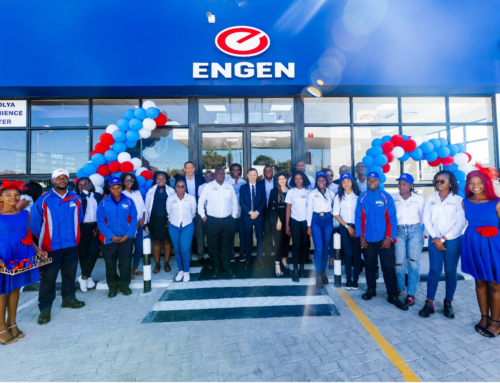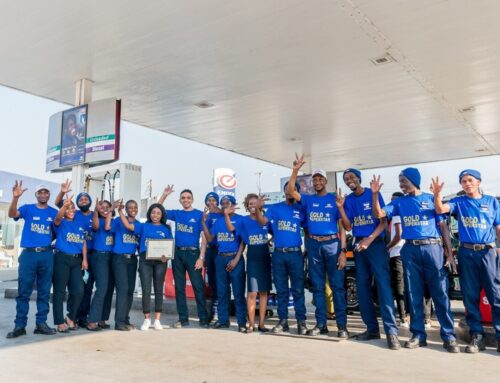
Articles

Articles
Habits that impact Fuel Economy

Improving fuel economy not only saves you money, but also benefits the environment by releasing fewer emissions into the air. Reducing the amount of driving we do – by carpooling, using public transportation, and combining trips – has the greatest effect on how much fuel we all use. Here are a few tips that can help you.
Watch your speed
Aggressive driving such as speeding, rapid acceleration and braking often wastes fuel. It can lower your gas mileage by 33% at highway speeds and by 5% around town. Good driving habits not only save you money for fuel but also ensures everyone on the road is safer.
Avoid idling
Turn off your car when you are not using it, even if you want to keep cool with the air conditioning. When your AC is on, you are still using your fuel.
Use cruise control (When Appropriate)
Using cruise control on the highway helps you maintain a constant speed and, in most cases, saves fuel.
Close your windows
If driving at 100km per hour or more, keep the windows closed. Open windows create a lot of aerodynamic drag, which can lower your fuel efficiency when driving at high speeds. Also, remove the roof rack if you’re not using it, for more savings on fuel.
Check Tyre Pressure
A little bit of vehicle maintenance can go a long way in improving gas mileage. Each tire that is underinflated by 10 psi reduces fuel economy by about 3.3%. Four tires that are underinflated by 10 psi, then, would reduce a vehicle’s fuel economy by a substantial 10%, at an added cost .
Follow the guidelines in your vehicle’s owner’s manual (these recommendations also appear on a sticker inside the driver’s side door jamb) – and not what is stamped onto the tyre itself.
Replace Spark Plugs
Bad spark plugs can decrease fuel economy by up to 30%. If your car’s gas mileage suddenly drops, there’s a good chance it’s because of misfiring spark plugs.
Check the Alignment
Misaligned tires drag instead of roll freely. Improper alignment can reduce fuel efficiency by as much as 10. in addition, the tires can wear out more quickly.
Tires that are out of balance (symptom: vibration in the steering wheel) can cause uneven tire wear, which can result in lower gas mileage. Tires should be balanced and rotated according to the vehicle’s owner’s manual to improve tire performance and fuel economy.
Fill Your Tank Early in the Morning – or Late at Night
Fuel is dispensed by volume. If you fill your tank when it is coolest outside – early in the morning or late at night, and avoid the heat of the day – the fuel will be denser. As a result, you will get more gas for the same amount of money.




